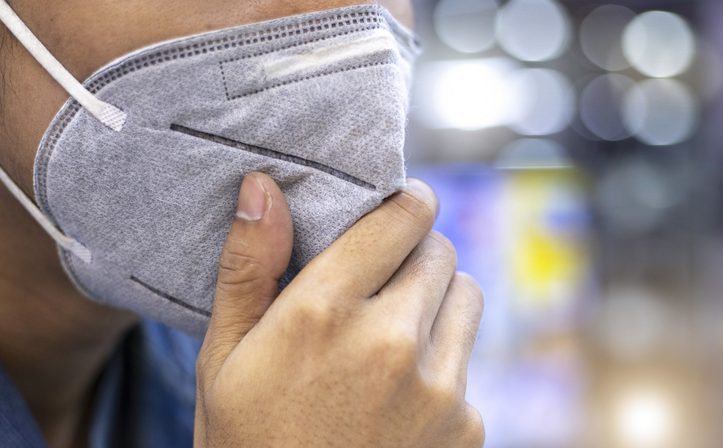The Saskatchewan government says it remains confident regarding relaxing restrictions in Regina, despite 28 of the 35 COVID-19 variant cases announced Tuesday coming in the Regina zone.

Although Regina has the highest number of variant cases in the province, the overall number of COVID-19 cases is declining.
“Regina’s numbers have continued to decrease over the course of the last couple of months,” Saskatchewan Premier Scott Moe said.
“Maybe not quite at the same rate as we’ve seen in other areas of the province itself, for instance, but overall, they are down from where they were a month and two months ago.”
Starting Tuesday, individual households can create a bubble to a maximum of 10 individuals in a home at any one time.
Officials said the household bubble must remain consistent and must be contained to the same individuals.
Moe said having access to the COVID-19 vaccine played a major role in relaxing restrictions and is a reason why he is confident about the situation in Regina.
“We have a tool in our tool chest we have not had available to us in the months gone by and that is access to not only safe vaccines, but a large number of vaccines,” Moe said.
“That enables us to… deploy the 3,500 vaccines that have been delivered to Regina right into the city of Regina here immediately, as well as the just over 15,000 additional AstraZeneca vaccines that we have received.

Get daily National news
“We’ll be able to deploy those in very short order through one of our driving clinics in the next number of days.”
Starting March 19, places of worship are allowed up to 30 per cent of capacity or 150 people, whichever is lesser.
All masking protocols remain in place, however, clergy may remove their mask while officiating provided three metres of distancing is maintained.
There are now 44 cases of variants in the province, spanning over the past two months, with 36 in the Regina zone.
Saskatchewan’s chief medical health officer Dr. Saqib Shahab says it’s important to continue to be cautious moving forward.
“If you do have to support a family member who you were not meeting because you were restricted by the public health order… do so cautiously,” Shahab said.
“Especially with people who may be at high risk and do your best to shield them in those settings. I think that’s going to be critical for the next weeks or months.
“The last thing we need is for friends or relatives who are at high risk is to get COVID before they get vaccinated.”
Moe also said the province is working with sports organizations on allowing seasonal sports and recreational activities, but with no target date for those to start.
-With files from Dave Giles

Questions about COVID-19? Here are some things you need to know:
Symptoms can include fever, cough and difficulty breathing — very similar to a cold or flu. Some people can develop a more severe illness. People most at risk of this include older adults and people with severe chronic medical conditions like heart, lung or kidney disease. If you develop symptoms, contact public health authorities.
To prevent the virus from spreading, experts recommend frequent handwashing and coughing into your sleeve. They also recommend minimizing contact with others, staying home as much as possible and maintaining a distance of two metres from other people if you go out. In situations where you can’t keep a safe distance from others, public health officials recommend the use of a non-medical face mask or covering to prevent spreading the respiratory droplets that can carry the virus. In some provinces and municipalities across the country, masks or face coverings are now mandatory in indoor public spaces.
Read more COVID-19 coverage from Global News.









Comments
Want to discuss? Please read our Commenting Policy first.